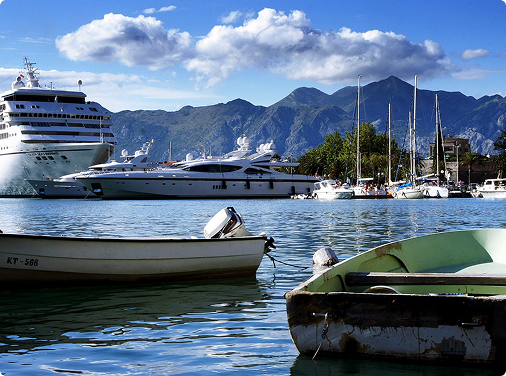Description
Key Questions to Ask When Choosing an Inboard Engine for Your Power Boat
Selecting the right inboard engine for your power boat is crucial for ensuring optimal performance, reliability, and enjoyment on the water. Here are some essential questions to consider during the decision-making process:
1. What is the Intended Use of Your Boat?
Understanding how you plan to use your boat will help determine the type of engine you need. Are you looking for high-speed performance for watersports, or do you need a reliable engine for long-distance cruising? Different activities require different engine specifications.
2. What is the Size and Weight of Your Boat?
The size and weight of your boat significantly influence the engine power required. Larger and heavier boats need more powerful engines to achieve desired performance levels. Ensure the engine you choose can handle the load efficiently.
3. What are the Fuel Efficiency and Emission Standards?
Fuel efficiency is a critical factor, especially for long trips. Consider engines that offer better fuel economy to reduce operational costs. Additionally, check if the engine meets current emission standards to ensure environmental compliance.
4. What is the Maintenance and Service Availability?
Inboard engines require regular maintenance to ensure longevity and performance. Investigate the availability of service centers and the ease of obtaining spare parts. Opt for engines with a strong support network to minimize downtime.
5. What is the Engine’s Reliability and Durability?
Reliability is paramount when you’re out on the water. Research the engine’s track record for durability and dependability. Look for engines from reputable manufacturers known for their quality and reliability.
6. What are the Noise and Vibration Levels?
Comfort on the water can be affected by engine noise and vibrations. Choose an engine that operates quietly and smoothly to enhance your boating experience.
7. What is the Cost of Ownership?
Consider the total cost of ownership, including the initial purchase price, fuel consumption, maintenance, and potential repair costs. A more expensive engine might offer better long-term value if it is more fuel-efficient and reliable.
8. Are There Any Technological Features?
Modern inboard engines come with various technological advancements such as electronic fuel injection, digital controls, and integrated diagnostics. These features can improve performance, ease of use, and maintenance.
By carefully considering these questions, you can make an informed decision that ensures your power boat is equipped with the right inboard engine for your needs. Happy boating!
If you have any specific questions or need further details, feel free to ask us!

